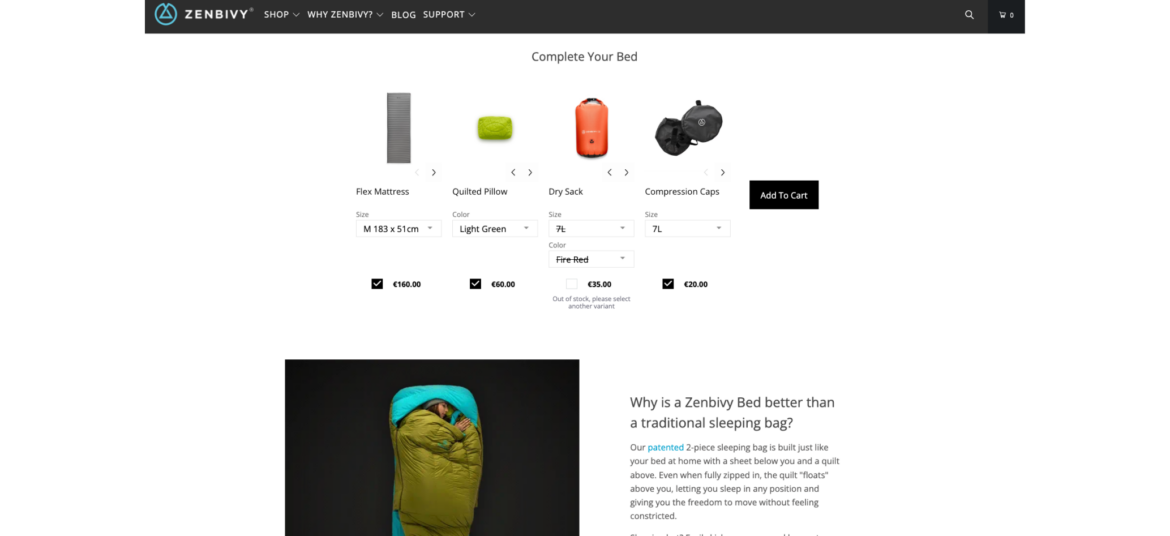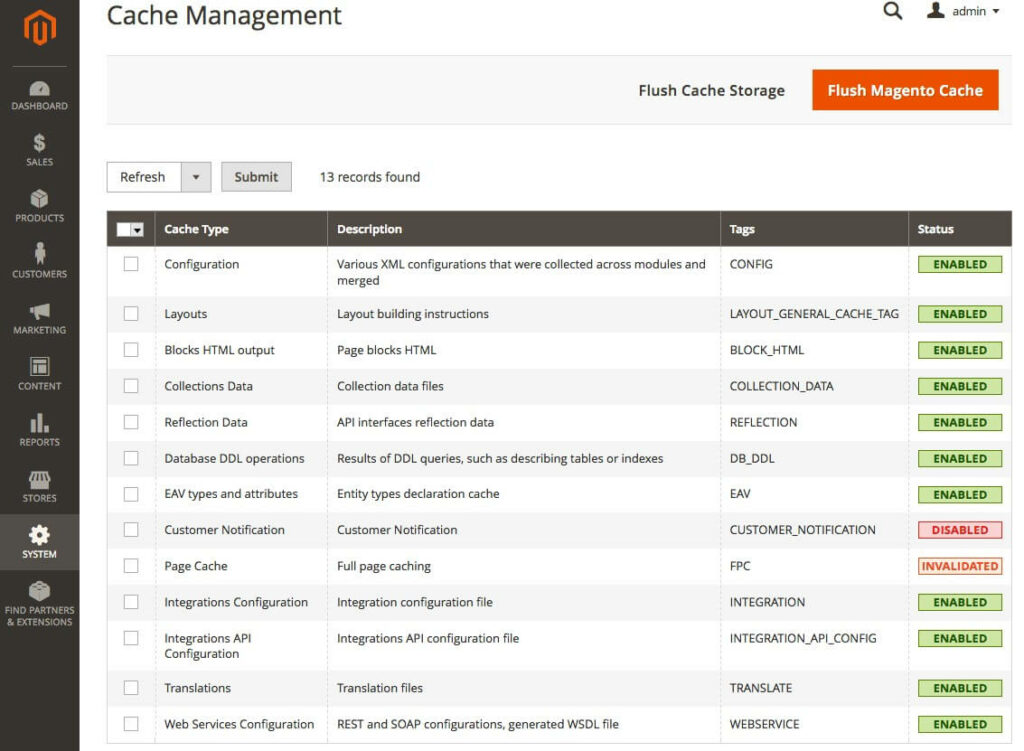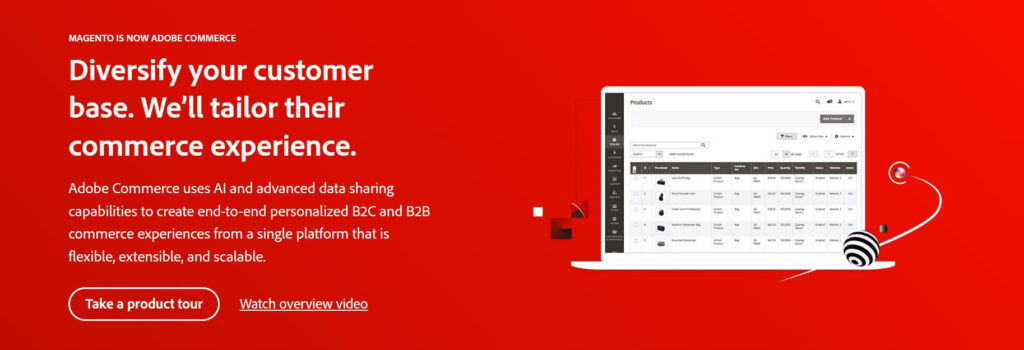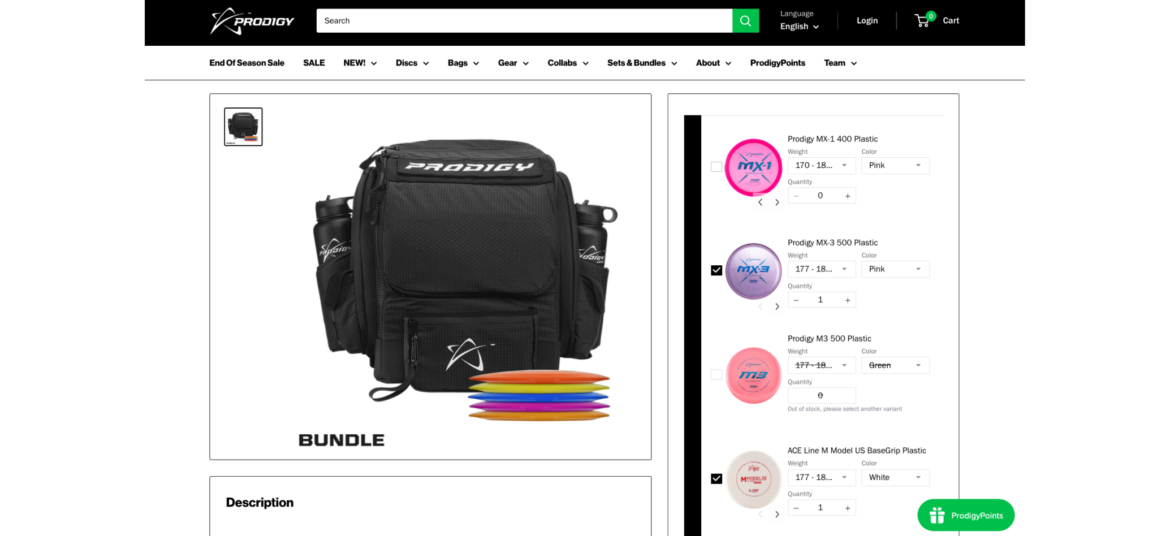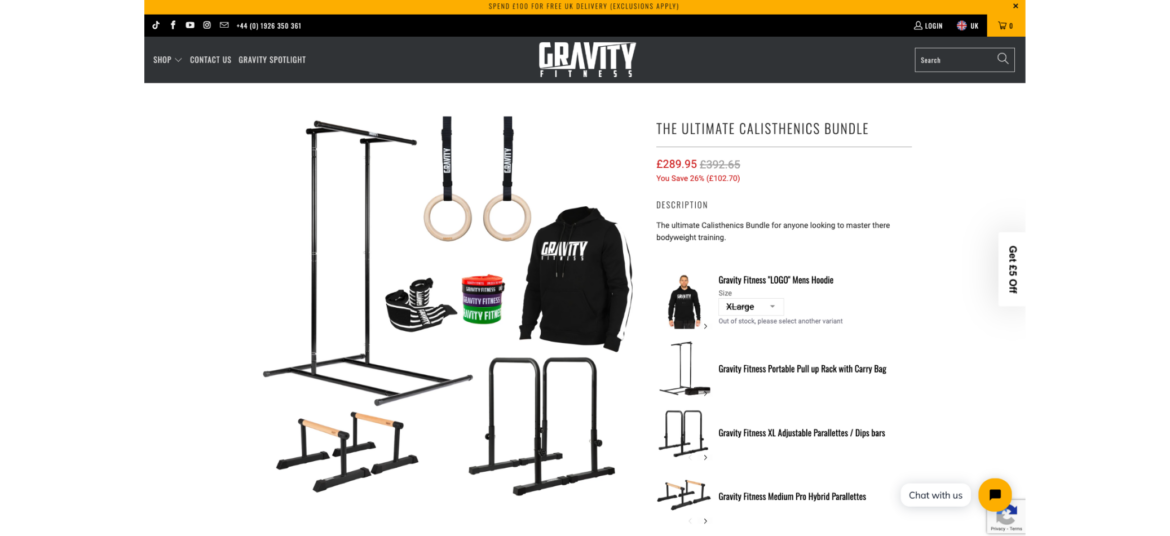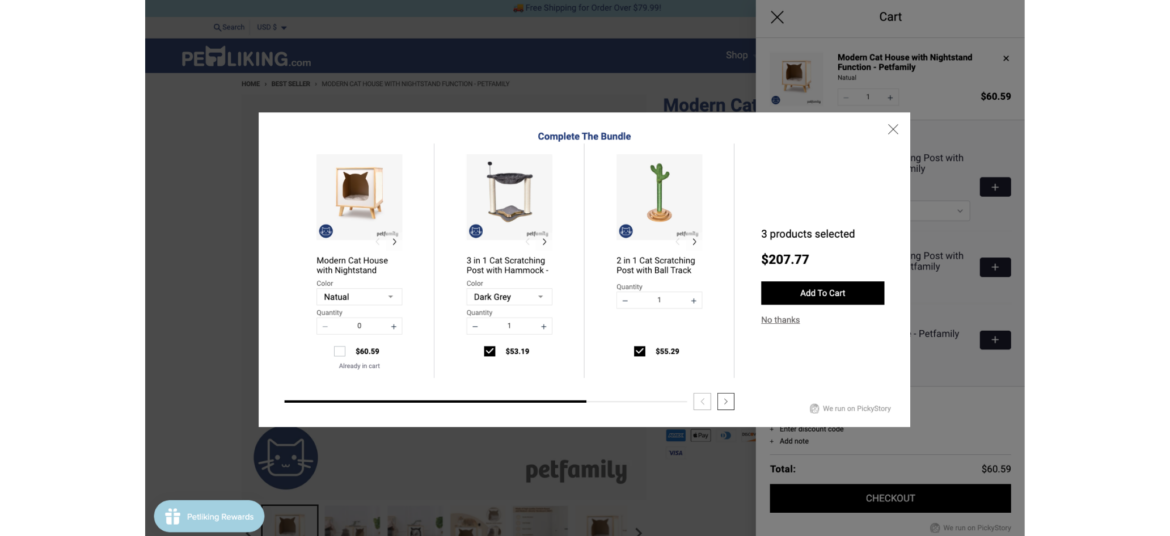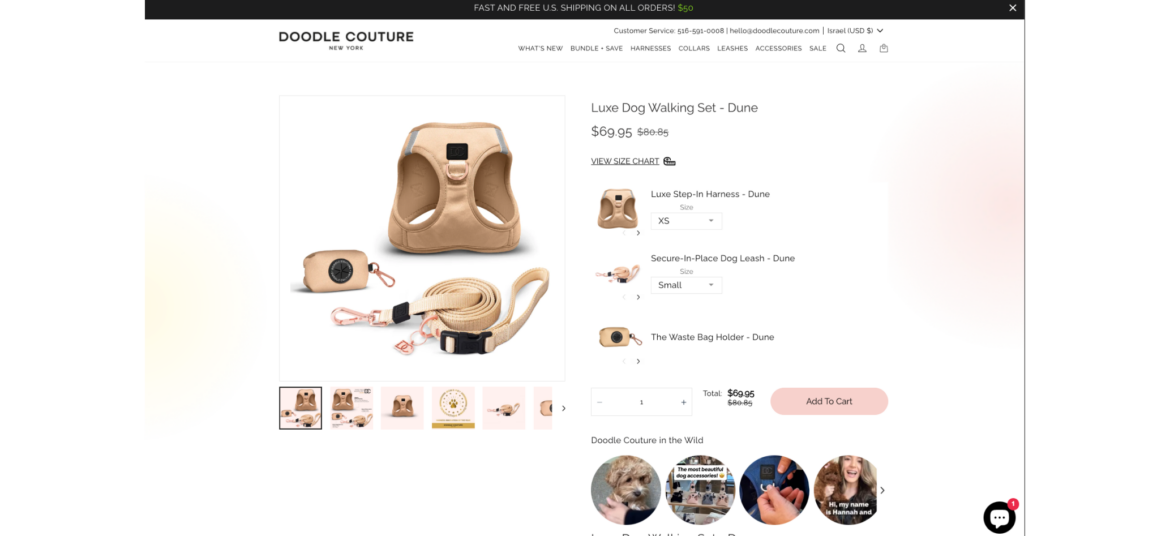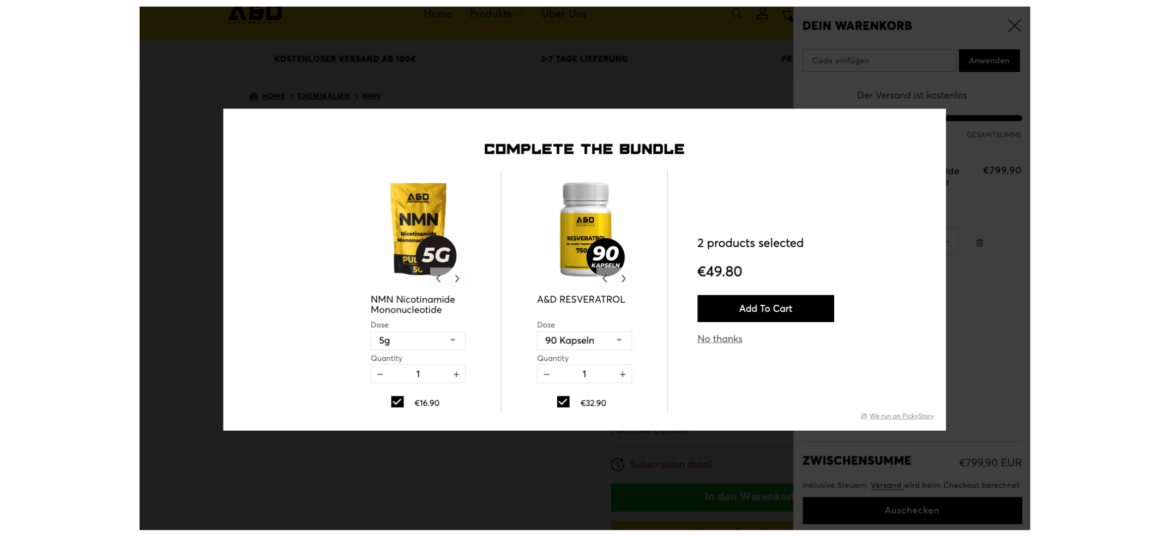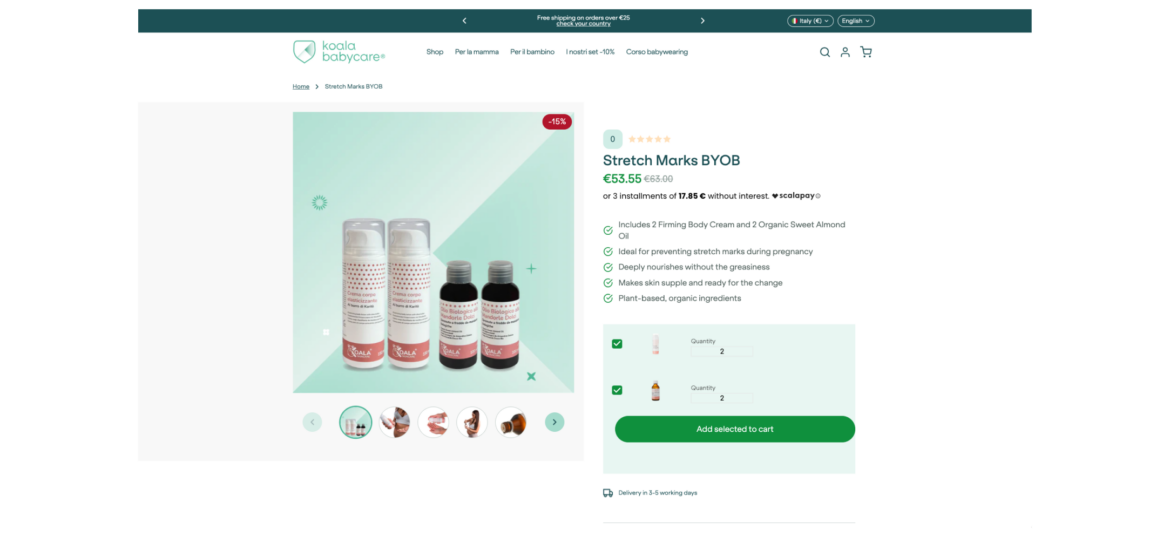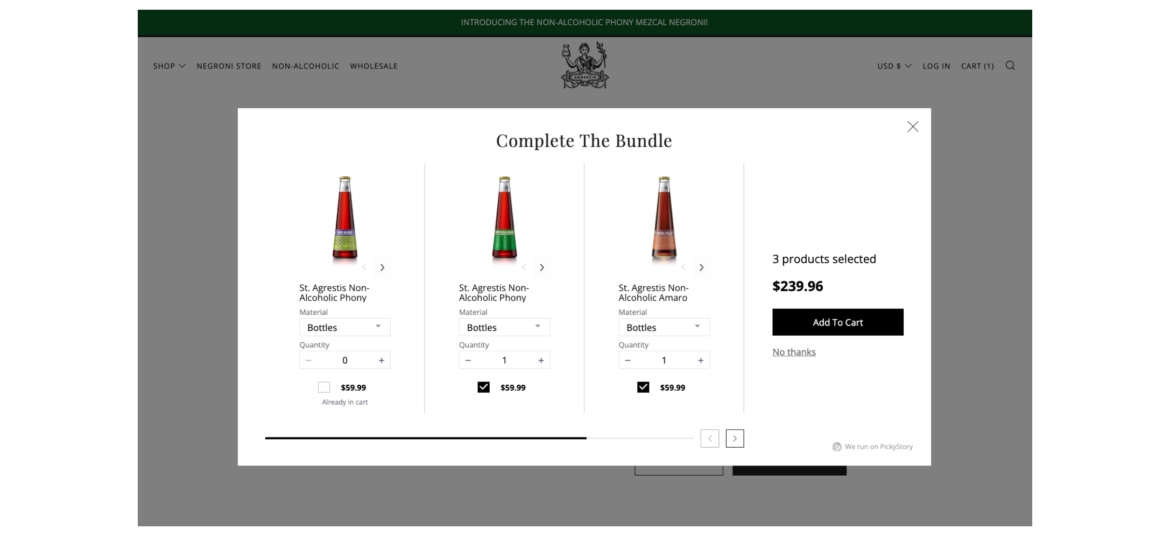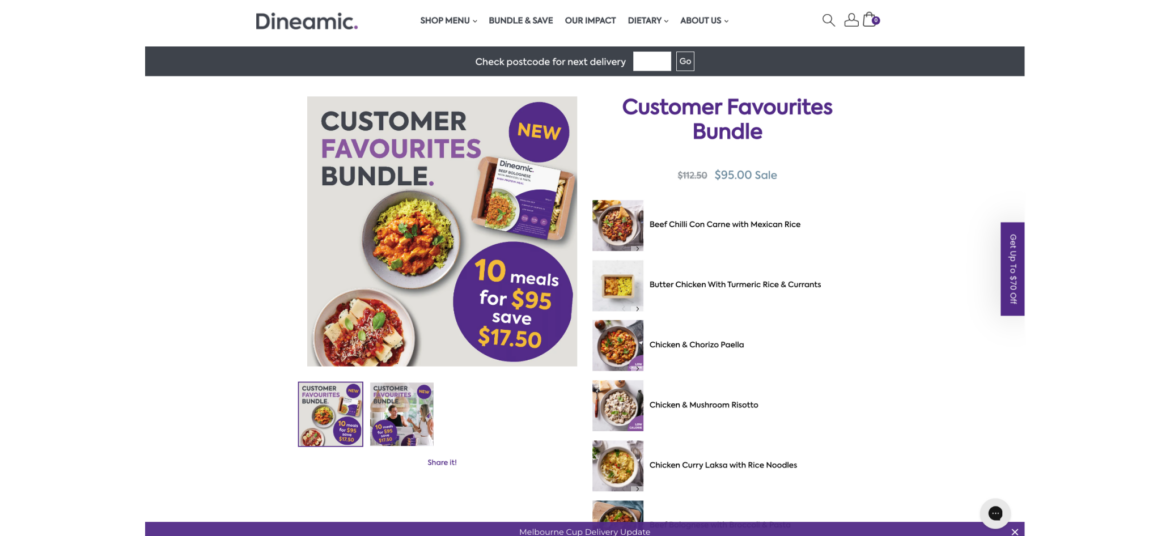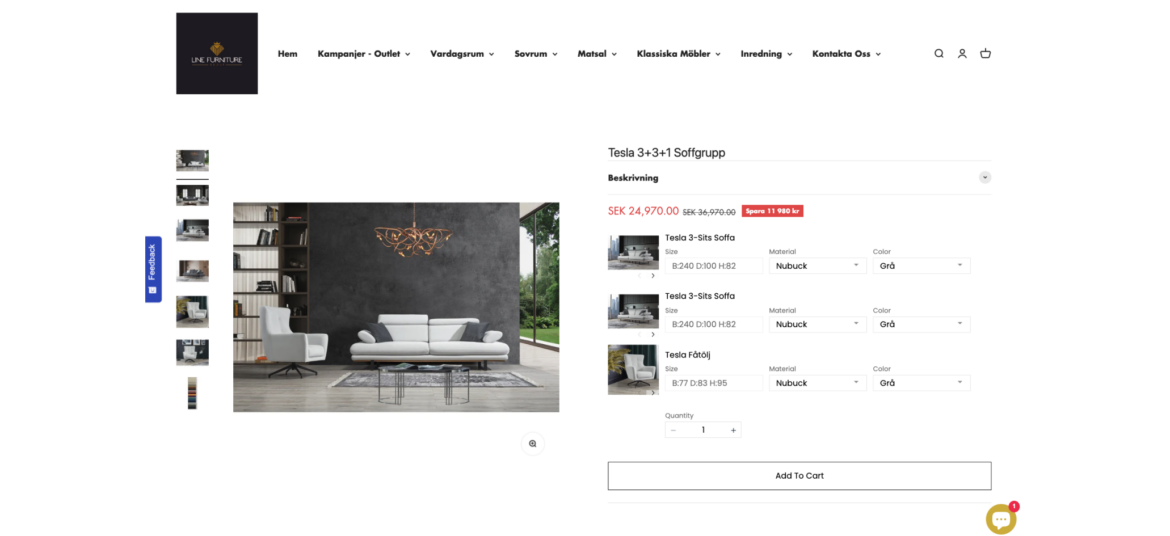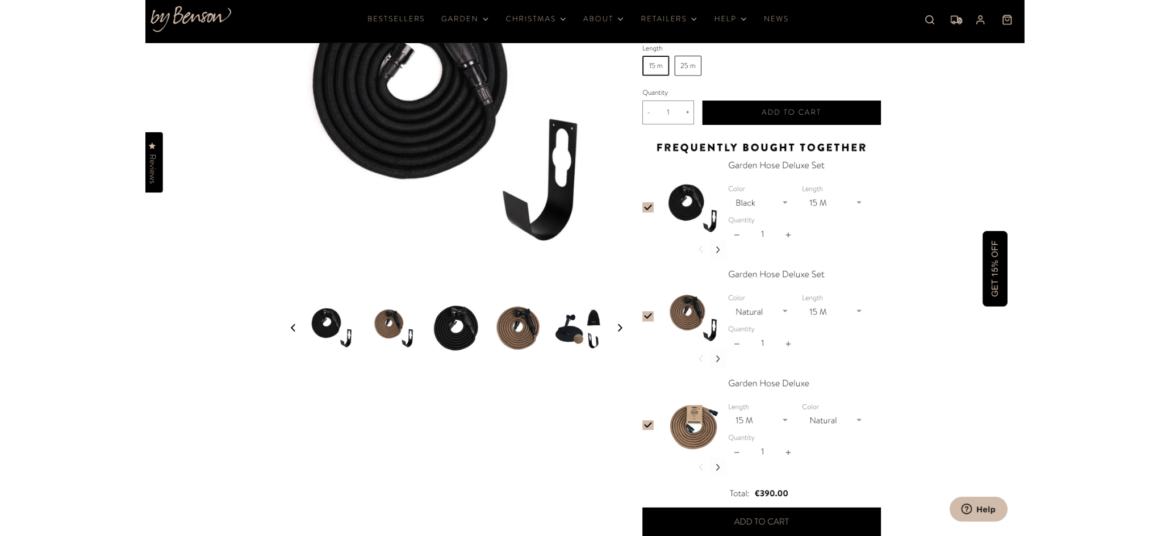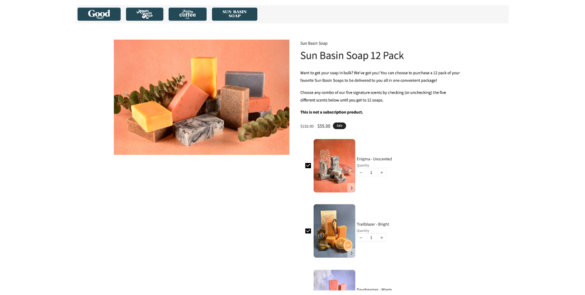When looking at Shopify Plus vs. Magento Enterprise head-to-head, the specific needs and requirements of your e-commerce site play a significant role in determining which one would be the best option. Both platforms offer powerful features and functionality, but they differ in terms of ease of use, cost, scalability, support, integrations, and other factors.
The first consideration in the Shopify Plus vs. Magento enterprise discussion is scalability. Shopify Plus is a cloud-based platform optimized for speed and scalability, making it a better choice for businesses that need to scale up their operations quickly. Magento Enterprise, on the other hand, may require additional technical expertise and resources to scale up.
Also, budget is an important consideration in the Magento Enterprise vs. Shopify Plus comparison. If your business has a smaller budget or limited technical expertise, Shopify Plus may be a better option as it offers a user-friendly interface, a subscription-based pricing model, and 24/7 support. Shopify Plus is also optimized for speed and scalability, making scaling up your operations easier.
On the other hand, if your e-commerce site requires more advanced customization options or has complex requirements, Magento Enterprise may be a better option. Magento Enterprise offers more advanced customization options, making it a better choice for businesses with complex requirements. It also offers more advanced security options and SEO capabilities.
On the whole, Shopify Plus may be a better choice for online stores that require a more user-friendly, scalable, and cost-effective e-commerce platform and may not have the technical expertise or resources to manage a more complex platform like Magento Enterprise. However, it is important to note that Magento Enterprise may still be a better choice for businesses with complex requirements and larger budgets.


